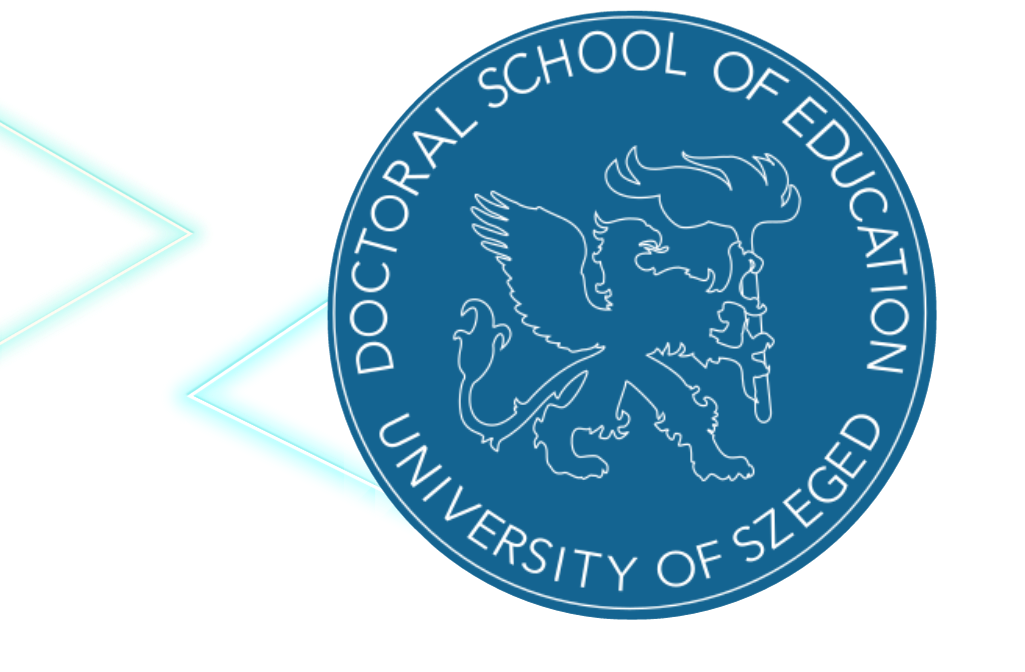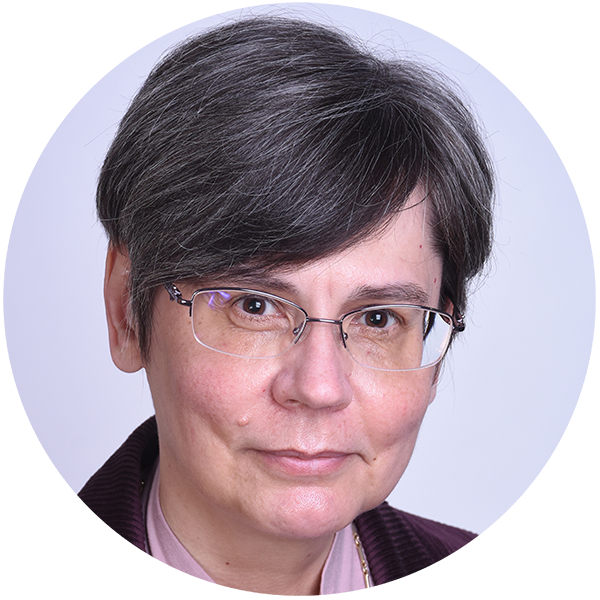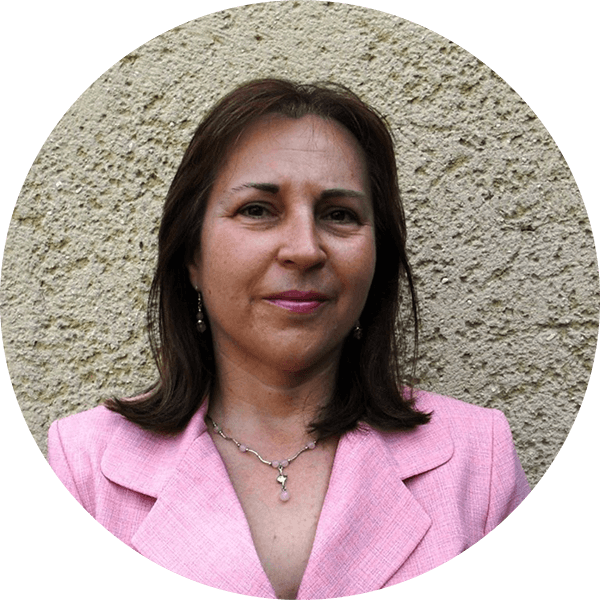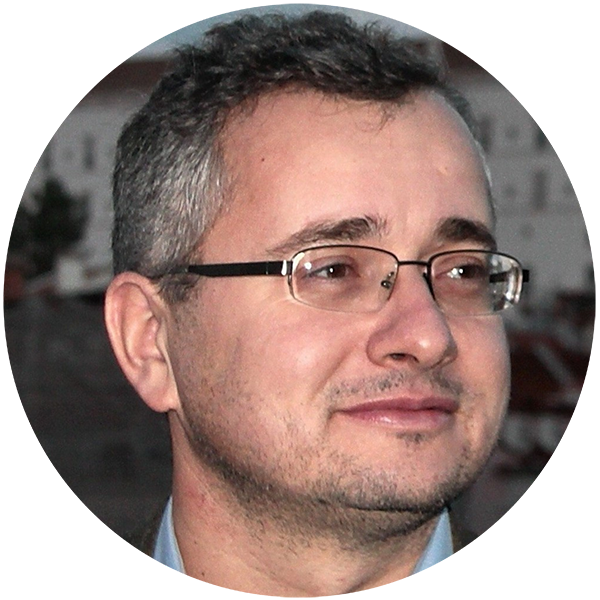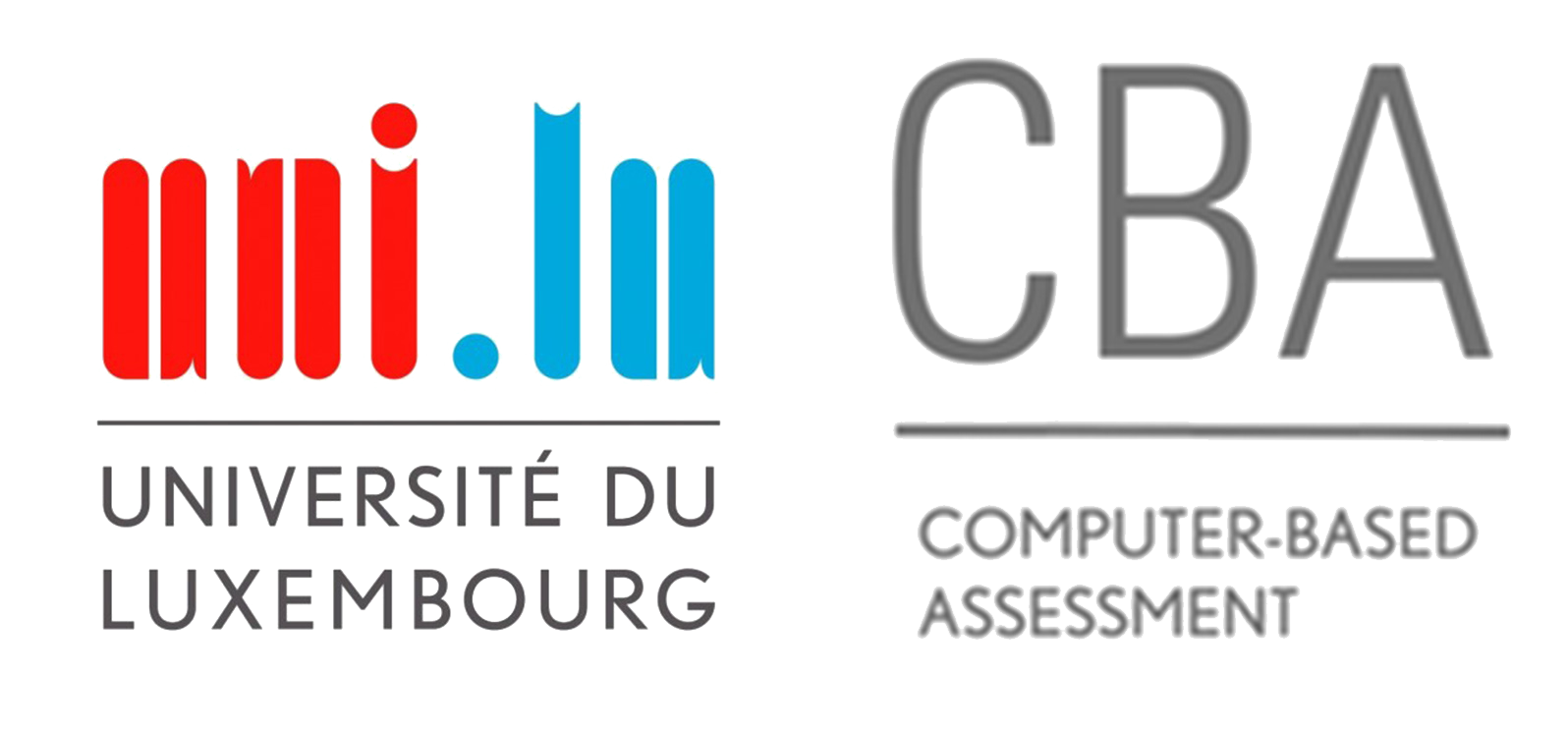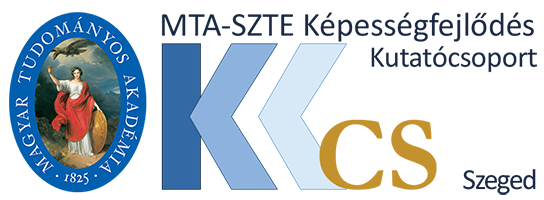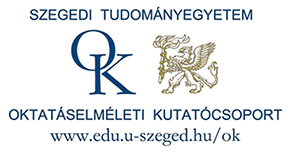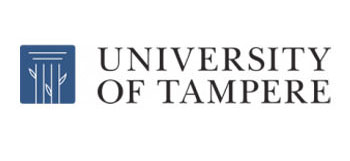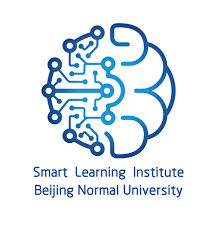CORE MEMBERS OF THE DOCTORAL SCHOOL
Professor emeritus György Benedek DSc, Department of Physiology, Faculty of Medicine, University of Szeged
Full Professor Csaba Csíkos DSc, Department of Educational Evaluation and Planning, Institute of Education, University of Szeged
Associate professor Éva D. Molnár PhD, Department of Behavioral Sciences, Albert Szent-Györgyi Medical School, University of Szeged
Associate professor Anita Habók PhD, habil., Department of Learning and Instruction, Institute of Education, Faculty of Humanities and Social Sciences, University of Szeged
Full Professor Krisztián Józsa DSc, Department of Social and Affective Education, Institute of Education, Faculty of Humanities and Social Sciences, University of Szeged
Associate professor Erzsébet Korom PhD, habil., Department of Learning and Instruction, Institute of Education, Faculty of Humanities and Social Sciences, University of Szeged
Full Professor Tamás Martos PhD, habil., Institute of Psychology, Faculty of Humanities and Social Sciences, University of Szeged
Full Professor Gyöngyvér Molnár DSc, Department of Learning and Instruction, Institute of Education, Faculty of Humanities and Social Sciences, University of Szeged
Full Professor Bettina Pikó DSc, SZTE SZAOK Department of Behavioral Sciences
Full Professor Tibor Vidákovich PhD, habil. SZTE BTK Institute of Education, Department of Educational Evaluation and Planning
PARTNER INSTITUTIONS
